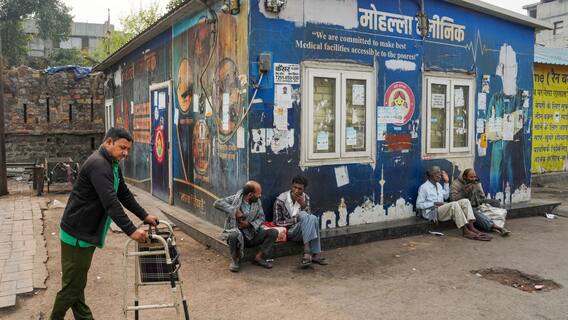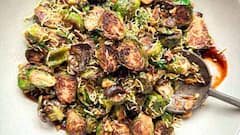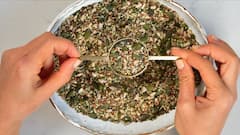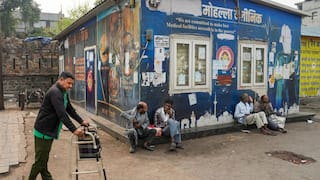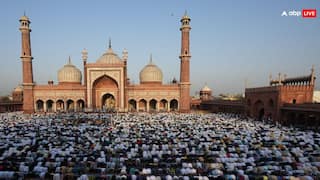Discovery Of New Protein Could Provide Rare Insights For Breast Cancer Treatments: Study
They discovered that when the Rac1 protein is present cell death occurs with autophagy -- a process in which cells start eating their own parts in a desperate bid to survive.

Scientists in the UK have discovered a protein that kick-starts milk production after breastfeeding is over, unlocking clues that they say could potentially be vital for breast cancer treatments.
A study by the University of Sheffield in the UK discovered a protein called Rac1, which is a critical switch to kick-start milk production in breast cells when lactation has stopped and when the breasts have already begun returning to their pre-pregnancy state.
Once babies start eating solids, the breasts wind down the production of milk and undergo a process of shrinkage to return back to in-activity, the study said.
The milk-producing units are dismantled through cellular suicide to remove the redundant tissues, it said.
During intermittent feeding, the shrinking breast can remarkably reverse to reinitiate lactation if suckling resumes.
Until now it was not known how this process happened, the university said in a press release.
Dr Nasreen Akhtar and her team from the University of Sheffield’s Department of Oncology and Metabolism, investigated mouse mammary glands -- which are structurally similar to humans.
They discovered that when the Rac1 protein is present cell death occurs with autophagy -- a process in which cells start eating their own parts in a desperate bid to survive.
The study, published in the journal PLOS Biology, revealed that half-dead, half-alive cells with autophagy can be brought back to life to recommence milk production, upon suckling but cells without the Rac1 protein cannot.
The discovery could provide new insights into how breast cancer cells acquire resistance to cell death in non-permissive environments.
Explaining why this discovery could have important implications in breast cancer treatments, Akhtar said: “The risk of most breast cancer progression is the highest in the post-pregnancy years – perhaps caused by an altered activity during the post-weaning remodelling stage. It could expose potential pathways and proteins that cancer cells exploit to survive and grow.”
(This story is published as part of the auto-generated syndicate wire feed. No editing has been done in the headline or the body by ABP Live.)
Trending News
Top Headlines












